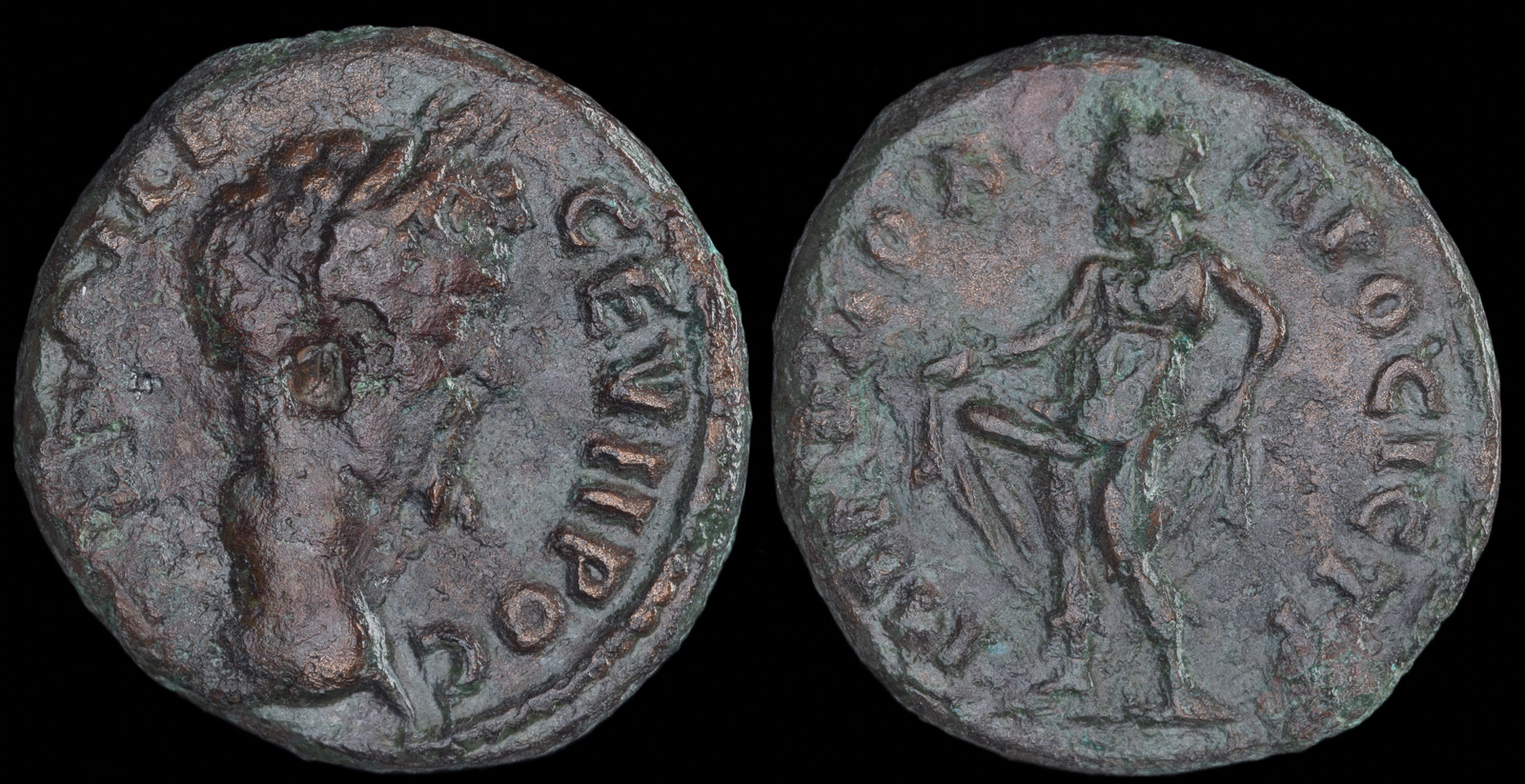Priapus
View All Tags
According to myth, Priapus was the son of Aphrodite, the goddess of love and beauty. His father varies in different accounts—some sources claim he was the offspring of Dionysus, the god of wine and revelry, while others suggest Hermes, Zeus, or Pan. One humorous myth explains his unusual appearance: Hera, angered by Aphrodite’s infidelity, cursed the unborn Priapus, causing him to be born with an enormous phallus and grotesque features. Because of his deformity, he was rejected by the Olympians and cast down to the mortal world, where he found a place in rural communities and countryside shrines.
In ancient Greece, Priapus was particularly revered in Lampsacus, a city in Asia Minor (modern-day Turkey), which became the center of his cult. From there, his worship spread to Rome, where he became a household deity, especially among farmers and merchants. Roman families often placed small statues of Priapus in gardens, vineyards, and doorways as protective charms. These statues, frequently painted red, were thought to guard against thieves, pests, and evil spirits. His imposing image was also believed to bring good harvests, prosperity, and sexual potency.
Though Priapus was sometimes the subject of bawdy humor, he was also an apotropaic figure, meaning his exaggerated features were intended to ward off the evil eye and misfortune. This duality—both comical and sacred—reflects how the ancient world blended superstition, religion, and daily life. He was also celebrated in literature, particularly in the Priapea, a collection of Roman poems dedicated to his exploits, which humorously detail his role as a protector of gardens and a symbol of unrestrained sexuality.

Moesia Inferior, Nikopolis ad Istrum
Septimius Severus 193-211 CE
Æ 16mm, 2,96g
Laureate head right /
Priapus standing left, opening cloak, right hand pointing to his large phallus
H&J, Nikopolis 8.14.17.2; AMNG 1380 var. (rev. legend); Varbanov 2530 var. (same)